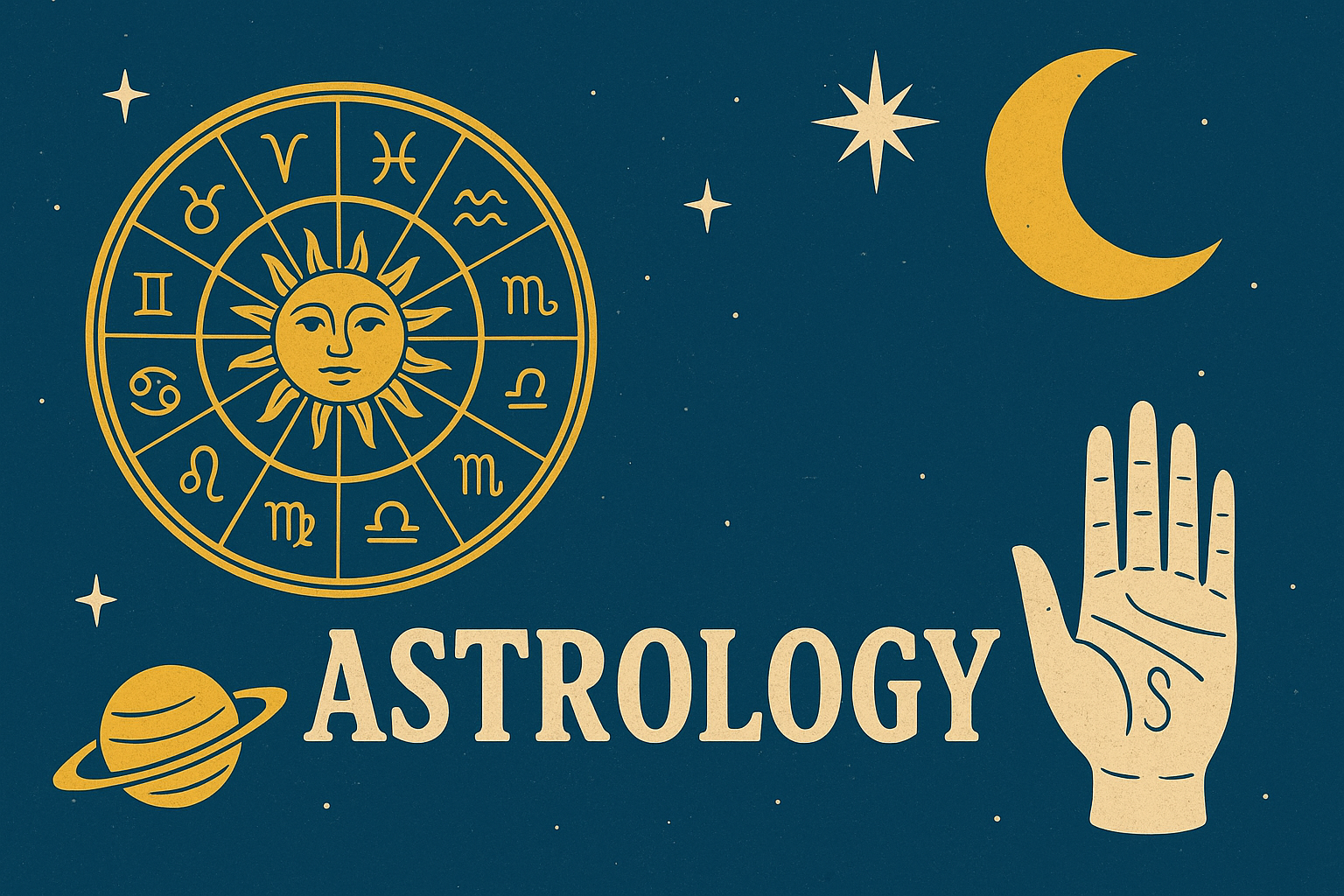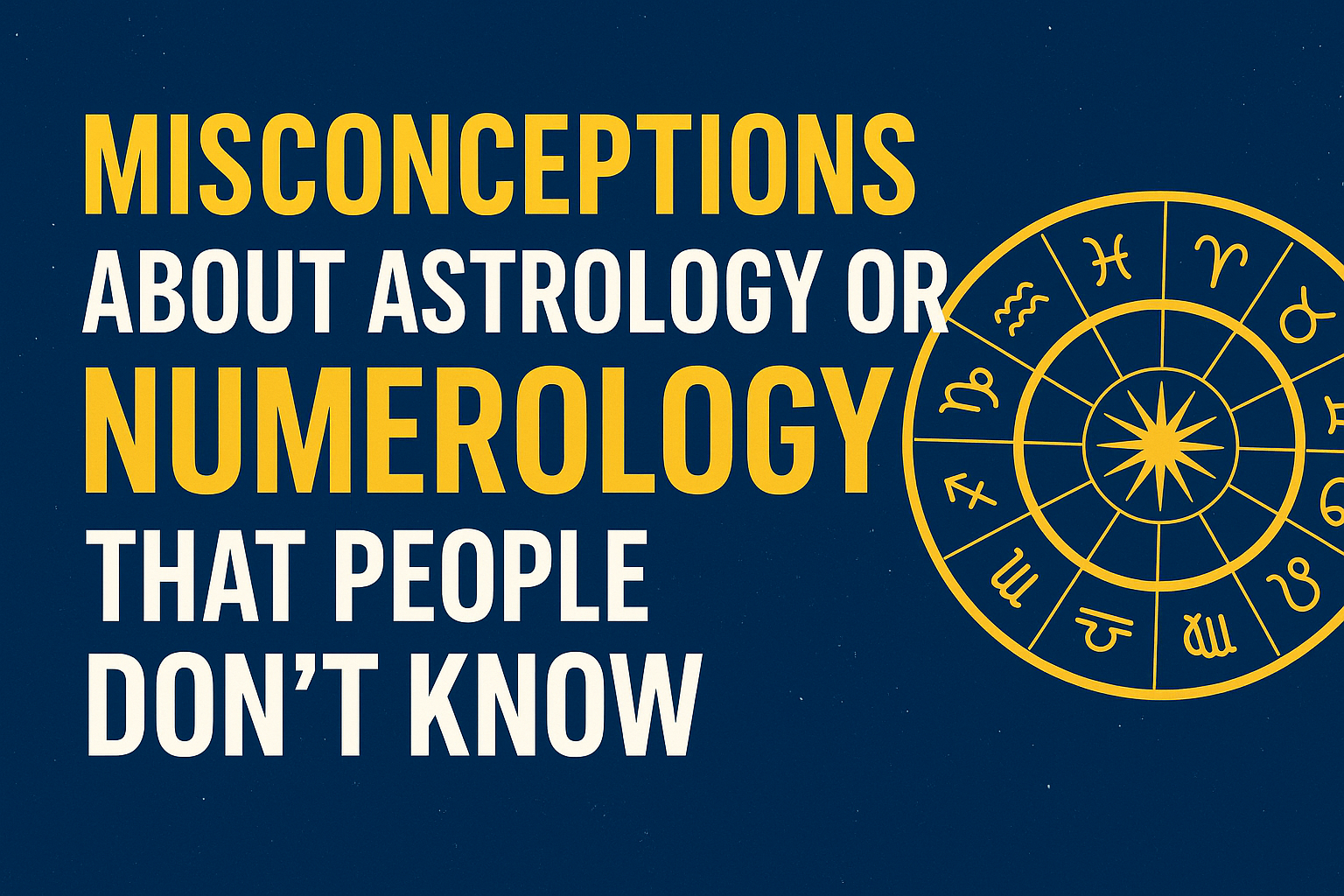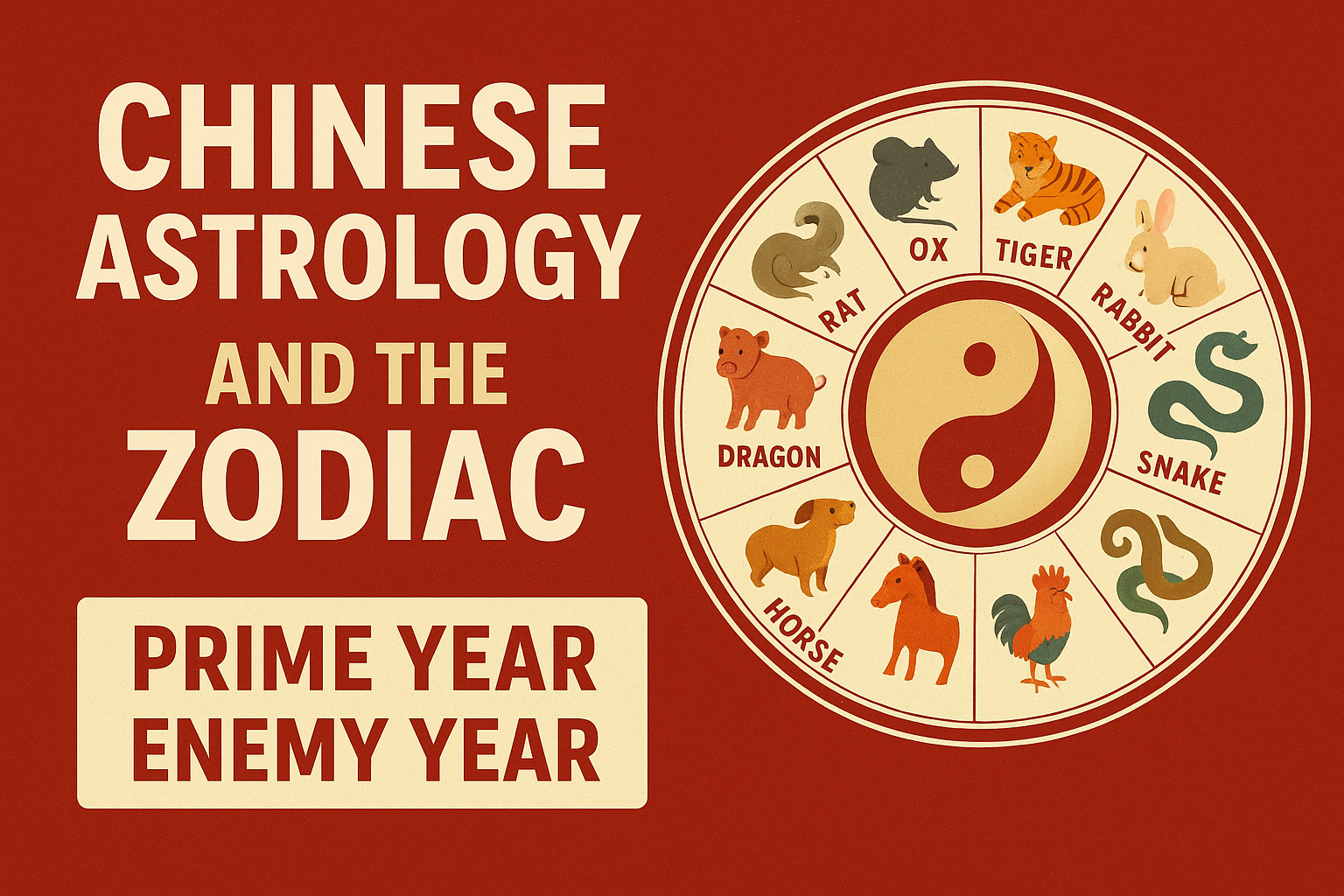Astrology: Meaning, Types, Accuracy, and Modern Perspectives
Posted on September 14, 2025 • 4 min read • 132 views

Advertisement
In This Article
- ## What is Astrology?
- ## Key Attributes of Astrology
- Astrology relies on two major attributes:
- ## Types of Astrology
- ### 1. Western Astrology / Vedic Astrology
- ### 2. Eastern Astrology / Chinese Astrology
- ## How Accurate is Astrology?
- ## 7schema’s Perspective on Astrology
- ## Final Thoughts
- ## FAQs on Astrology
Astrology has fascinated humanity for thousands of years, yet many people still don’t fully understand what it means, how it works, and why different types of astrology exist. In this guide, we’ll explore the meaning of astrology, its key attributes, the different types of astrology, and the ongoing debate around its accuracy.
Whether you’re a beginner curious about astrology or someone looking for deeper insights, this article will help you understand the subject in a clear and logical way.
## What is Astrology?
Astrology is a symbolic system developed over centuries to study patterns in the universe and how they relate to human life. Unlike astronomy, which is the scientific study of planets and stars, astrology uses numbers and symbols to organize data and reveal insights to people.
At its core, astrology is not about planets directly influencing us. Instead, the planets, animals, and signs are used as symbols to arrange and interpret information about time, cycles, and human behavior.
## Key Attributes of Astrology
Astrology relies on two major attributes:
1. Numbers – Numbers are fundamental because they help us recognize universal patterns. From ancient times, humans have counted and measured celestial movements to make sense of time and cycles.
2. Symbols – To organize this information, astrology uses symbolic systems. For example:
Western Astrology uses planets and zodiac signs.
Chinese or Eastern Astrology uses animals to represent years in the lunar calendar.
These symbols do not mean that people *are* like the animals or planets they’re associated with. Instead, they serve as a structured way to store and interpret astrological data.
## Types of Astrology
There are many types of astrology around the world. Each system has its own strengths and weaknesses, and some have been criticized as outdated. Below are the two most popular forms:
### 1. Western Astrology / Vedic Astrology
Western astrology is often misunderstood as the study of how planets affect people. However, planets themselves do not physically influence us. Instead, they are used as symbols to represent data.
Focus: The Sun and Moon, which are known to directly affect life on Earth.
Purpose: To organize information about time and human behavior.
Criticism: Some of its data is considered outdated compared to modern scientific knowledge.
### 2. Eastern Astrology / Chinese Astrology
Chinese astrology is based on the lunar calendar and uses animals to represent 12-year cycles.
Focus: Lunar energy and symbolic animal signs.
Purpose: To arrange data into cycles for easier interpretation.
Clarification: Being born in the Year of the Rat doesn’t mean someone behaves like a rat. The animal is simply a symbolic marker within the system.
## How Accurate is Astrology?
The accuracy of astrology is one of the most debated topics. Critics argue that astrology is not scientifically reliable, while believers point to its usefulness in understanding life cycles and personal tendencies.
Limitations: Many astrological systems are based on old data that may not align with modern science.
Potential: Astrology becomes more accurate when approached with **numerical logic** and scientific methods.
Distinction: Astronomers (scientists who study planets) generally distance themselves from astrology, as it is not a scientific discipline but rather a symbolic one.
Ultimately, astrology’s accuracy depends on the interpretation of the practitioner and the system being used.
## 7schema’s Perspective on Astrology
At 7schema, astrology is viewed primarily through the lens of numbers and cycles. While we recognize the diversity of astrological systems, we resonate more with Chinese astrology because:
* It follows a clear 12-year life cycle.
* Its data organization is more straightforward.
* It emphasizes patterns and numbers, which align with 7schema’s independent logic.
## Final Thoughts
Astrology remains a fascinating field of study, blending ancient wisdom with modern curiosity. While it may not be a science, it offers symbolic frameworks to help people understand time, patterns, and life cycles.
Whether you explore Western astrology with its zodiac symbols or Chinese astrology with its lunar cycles, the key is to see astrology as a system of meaning, not as a literal prediction of destiny.
## FAQs on Astrology
1. What is astrology in simple words?
Astrology is the study of numbers, symbols, and cycles to understand patterns in life and the universe.
2. Is astrology the same as astronomy?
No. Astronomy is a science that studies planets and stars. Astrology uses symbols (planets, animals, numbers) to interpret meaning.
3. Which astrology is more accurate, Western or Chinese?
Both have strengths, but Chinese astrology is often seen as more structured since it follows a 12-year lunar cycle.
4. Can astrology predict the future?
Astrology doesn’t predict the future with certainty. Instead, it highlights **cycles and tendencies** that may influence life events.
5. Does 7schema follow astrology?
7schema aligns more with Chinese astrology, as it provides a logical and number-based framework.
Advertisement




Comments (0)
Leave a Reply
Be the first to comment.